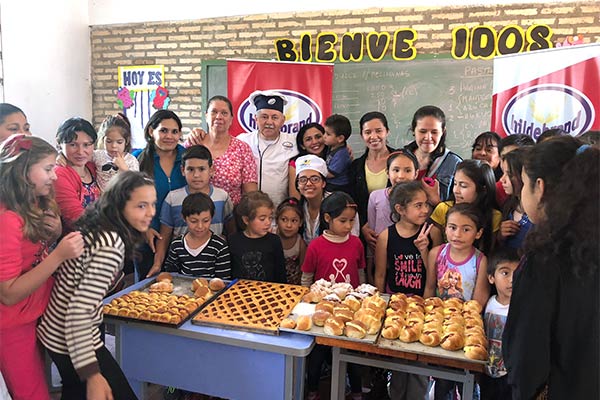Subtotal: $
Checkout-

Winners of the Second Annual Rhina Espaillat Poetry Award
-

Forum: Letters from Readers
-

Charles de Foucauld
-

Covering the Cover: Hope in Apocalypse
-

War Is Worse Than Almost Anything
-

The Last Battle, Revisited
-

The Problem with Nuclear Deterrence
-

A Haven of Olives
-

Book Tour: Time for an Intervention
-

Hoping for Doomsday
-

Radical Hope
-

The Sermon of the Wolf
-

The New Malthusians
-

The Spiritual Roots of Climate Crisis
-

Tradition and Disruption
-

The Apocalyptic Visions of Wassily Kandinsky
-

War and the Church in Ukraine
-

The Griefs of Childhood
-

Everything Will Not Be OK
-

Jesus and the Future of the Earth
-

The Other Side of Revelation
-

American Apocalypse
-

Syria’s Seed Planters
-

At the End of the Ages Is a Song
-

Searching for Safety
-

Stable Condition
-

Editors’ Picks: “In the Margins”
-

Editors’ Picks: “The Genesis of Gender”
-

Editors’ Picks: “Sea of Tranquility”
-

Poem: “Stopping By with Flowers”
-

Poem: “Sugarcane Memories”
-

Poem: “Sonnet Addressed to George Oppen, Arlington National Cemetery”

In 2009, Citlalli Ríos felt God calling her to study theology. When she brought up this revelation to her husband Roberto Hernández, she was amazed to hear that he had been hearing the same call. They and their two young children traveled over four thousand miles from their home in Ixtapaluca, a suburb of Mexico City, to the Mennonite seminary in Asunción, Paraguay. They expected to return home four years later to their busy church life, Roberto’s microfinance job with World Vision, and the house they had almost finished paying off. But within two years, their plans changed. They crossed paths with Judah Mooney, who wanted to start a Christian microfinance organization in Paraguay. The three of them founded Diaconía Paraguay, which eventually obtained the helpful backing of the Global Aid Network.
In 2021 alone, Diaconía helped over five thousand families to start food and handicraft businesses. Citlalli leads the educational division of the mission, coordinating more than forty free workshops annually. Last year, two thousand people learned how to make bread, wrap thermoses with leather, and decorate hats with bead-jewelry bows, among other skills. Diaconía also provides pastoral services through volunteer-led “trust groups.” Some have found Christ through these relationships, while others have simply found hope and support. When someone is going through a difficult time or falling behind on a loan repayment, everyone in the group helps out.

A Diaconía baking workshop was held in a local school; the students enjoyed the results. Photograph courtesy of Citlalli Ríos
In March 2020, when Covid-prevention measures locked down the world, the effects were most severely felt in countries where a large proportion of the population lives hand-to-mouth – countries like Paraguay, and people like Diaconía’s typical clientele. Citlalli encouraged the women she worked with to rise to the challenge with faith. Some diversified their businesses. Others signed up for Diaconía’s video seminars, gaining skills through the long days of quarantine. In 2021, Diaconía members were invited to teach classes in a local women’s prison, which eventually extended to the halfway house, where the guards and director joined in.
The fact that the stories of Diaconía participants can be summarized in a sentence belies the dramatic positive impact that a microloan, skill, and support network can have on the women and families involved. Runilda, a twenty-two-year-old mother of three, picked trash for a living until Diaconía helped her start a clothing store. Blanca, an incarcerated woman, has learned to crochet, decorate tiles, and adorn footwear with colorful beadwork. Not only has she earned money while in prison, but she plans to continue this work when she is free. Rosanna has used a series of microloans over the course of ten years to start and grow her business. After successfully selling jewelry, she moved on to clothing and small appliances. When the pandemic hit, she branched out into groceries.
Paraguay has been Citlalli and Roberto’s home for thirteen years; their children are now young adults. They arrived on tickets financed through American friends, without any social or long-term financial support, but they have gained dozens of coworkers and friends. They are glad to be part of this mission, but, says Citlalli, “if the Lord calls us elsewhere, we’re ready to go.”
Coretta Thomson is a Plough editor and a member of the Bruderhof.
Already a subscriber? Sign in
Try 3 months of unlimited access. Start your FREE TRIAL today. Cancel anytime.









































